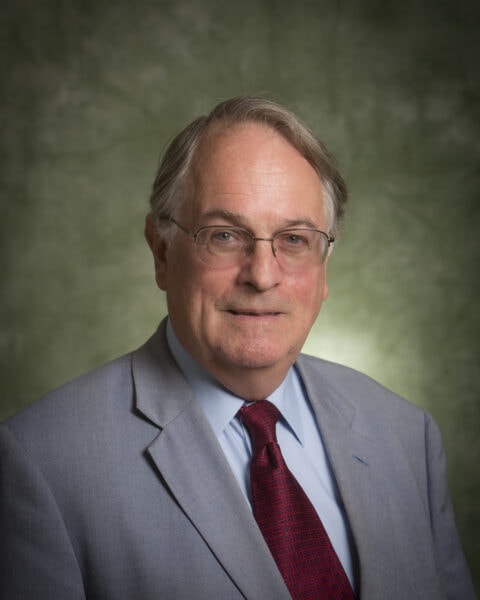Stanley Whittingham

Stan Whittingham is a Distinguished Professor of Chemistry and Materials Science and Engineering at Binghamton University. Following his D Phil at Oxford University, he was a research associate in Materials S&E at Stanford University. This was followed by 16 years in the energy industry, before returning to academia at Binghamton. He developed the materials chemistry programs and subsequently MS and PhD degrees in Materials Science and Engineering. He served as the University VPR for five years, and as vice-chair, Board of Directors of the Research Foundation of SUNY. He was the 2019 Chemistry Nobel Laureate for the discovery of lithium rechargeable batteries, and the 2023 VinFutures $3M Grand Prize winner. He is a member of the National Academy of Engineering and Fellow of The Royal Society. He presently leads the Battery-NY $113M economic development effort, and is the Chief Innovation Officer of the recently awarded NSF Upstate New York Energy Storage Engine. He is a founding member of NYBEST, and serves on the Board as Vice-Chair for Research, and Chief Scientific Officer of NAATBatt. He received a knighthood in the King’s birthday honors 2024 list.
https://www.binghamton.edu/chemistry/faculty/profile.html?id=stanwhit
Highest degree: D. Phil.
Abstract
Li Batteries: 50 Years Old and the Future Challenges for an American Based Industry
M. Stanley Whittingham FRS
NECCES and Chemistry Department, Binghamton University, Binghamton, NY, USA
The Nobel Committee citation read: “They have laid the foundation of a wireless, fossil fuel-free society, and are of the greatest benefit to humankind.” Now the world needs to take action. Although lithium batteries celebrated their 50th anniversary in 2022, they still achieve only 25% of their theoretical energy density. Even at that level, they now dominate portable energy storage. The dominant anode and cathode today are graphitic carbon and the layered NMC oxides, LI[NiMnCoAl]O2. Both need improving. We must push the chemistry to its limits. Ten-year lifetimes demand 99.95% reaction selectivity
Alternatives to Li-NMC cells will also be discussed, including the phosphates, with also a discussion of what is very technically and/or politically challenging and maybe not viable in an attempt to correct some of the exponential hype in the battery energy storage arena. A key challenge in the Western world is to build a sustainable supply chain and manufacturing capability that leapfrogs the present 30 year old technology. We need to stop building new “old gigafactories” in North America.